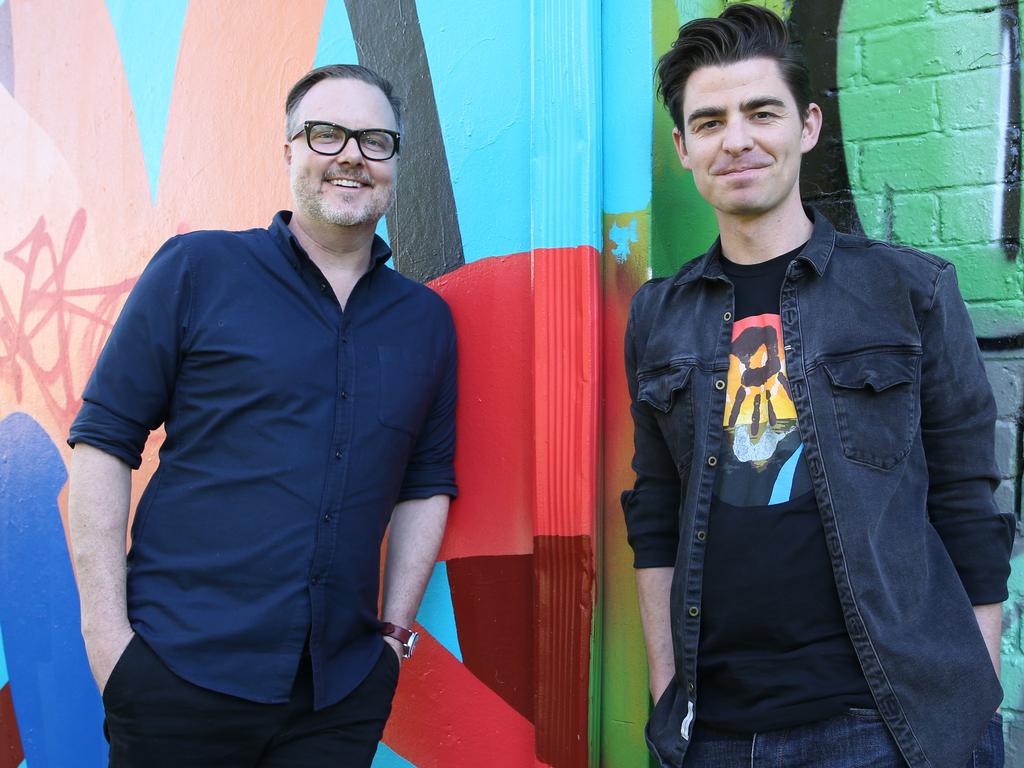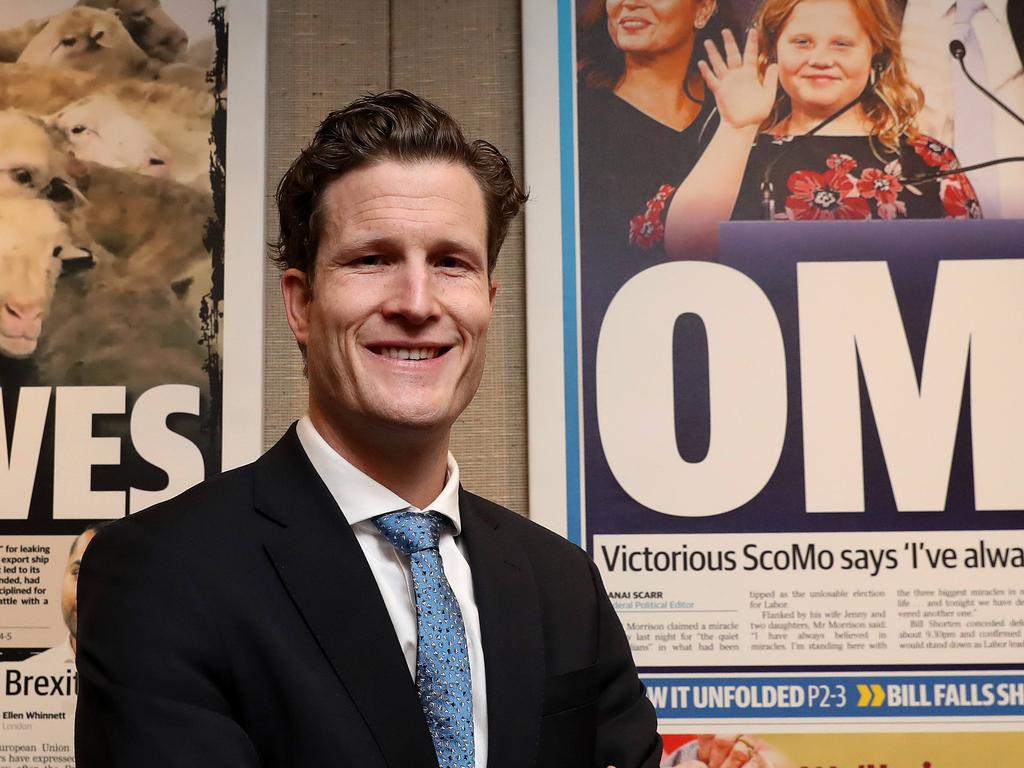After 20 years of TV voyeurism, reality bites
It’s almost 20 years since reality television invaded Australia, and a rewind reveals the genre once veered closer to documentary than melodrama.

Between the collagen lips, convoluted plots and outlandish contestants, there is little room for reality in reality television anymore — but it has not always been so heavily manufactured.
It’s almost 20 years since reality television invaded the programming schedule in Australia, and a rewind to the turn of the century reveals the genre once veered closer to documentary than melodrama.
The first season of Big Brother Australia was a ratings hit, attracting average audiences of more than 1.4 million in 2001, even though it revolved around a fairly mundane share house, where the biggest conflict was whether one of the housemates had helped clean the kitchen.
Lincoln Howes, who was the inaugural host of Australian Survivor the following year, admits his much-hyped show was similarly staid.

“It’s hard to even compare reality television when it started to what it has now become,” he says.
“There were enormous expectations on Australian Survivor but a lot of the competitors were just so naive it was ridiculous. They had no idea they had to connive and lie and cheat to win and they weren’t interested in playing up to the cameras.
“They had signed up to play this amazing new game called Survivor and that’s all they wanted to do. They weren’t trying to use it to become famous or launch a career, there was none of that.
“One guy, when he got kicked off, asked if he could just stay out there by himself so he could finish the experience. That’s how little attention they paid to it being a television show.”
As far as prime-time blockbusters go, even the climax of the critical first episode was a bit of a fizzer, Howes says. Strong winds prevented either tribe from lighting a bonfire to win the “fire challenge” despite camera crews filming long into the night documenting the repeated failures.
“Looking back at it now, it was a bit sad,” he laughs. “But that highlights the difference between then and now. We thought it was reality so it had to be real and that’s what had happened.
“Now, you’d just film the ending of it again the next day to get a result when it wasn’t so windy and make it look like it had all happened at the same time.”
While the show still rated more than 1.6 million, Howes says the episode’s disappointing finale sadly saw many viewers turn off the following week.
The former host last week caught up with the competitors he oversaw vying to be crowned the inaugural champion for the popular reality TV podcast Australian Survivor Archives, hosted by Ben Waterworth and Matt Dyson.

One of those contestants — and Howes’s initial pick to win the series — was Deborah Peart.
She understands better than most the science of how to retain a television audience through intrigue and suspense. Peart has edited some of Australia’s most highly regarded television dramas, including Puberty Blues, Lambs of God and The Code.
The martial arts aficionado was also on the Kadina tribe in 2002 before being voted out fifth.
Rather than help producers hype up the drama, she says the players were quite guarded and kept their plans and concerns a secret from the show’s makers.
“We all went into it largely ignorant to the fact it was being filmed for television. We had all been auditioned to be on the show but we were all in it for the challenge and adventure. There was no casting done on the basis of someone being an influencer. Back then, that wasn’t a thing,” she says.
Peart laments the demise of more authentic reality television. She says she understands the commercial realities facing the modern reality TV incarnations and the need to provide thrill-a-minute action-packed drama.
“It’s lost a bit of its core format as a result. I know why it has but there’s still a part of me that’s disappointed by that.”








To join the conversation, please log in. Don't have an account? Register
Join the conversation, you are commenting as Logout